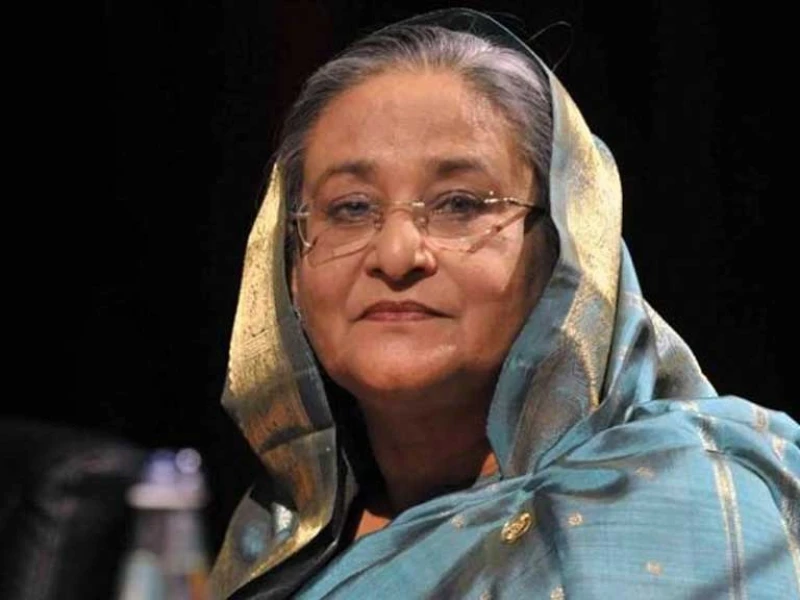Formal charges have been filed with the International Crimes Tribunal in two cases accusing 17 individuals, including former Prime Minister Sheikh Hasina, of committing crimes against humanity through enforced disappearances of political dissidents during the Awami League government.
Prosecutor Gazi Monowar Hossain Tamim confirmed that the prosecution formally submitted the charges to the International Crimes Tribunal-1 on Wednesday.
In one case, Sheikh Hasina, her defense adviser retired Major General Tarique Ahmed Siddique, and 15 others have been charged over abductions and torture carried out at a secret cell of the Rapid Action Battalion’s Taskforce for Interrogation (TFI). The case includes five specific counts of crimes against humanity.
In the other case, Hasina, Siddique, and 11 others have been charged over similar incidents at the Directorate General of Forces Intelligence’s (DGFI) Joint Interrogation Cell (JIC), also involving five counts of crimes against humanity.
Additionally, the prosecution filed another case against four Border Guard Bangladesh (BGB) officials over the shooting deaths in Dhaka’s Rampura area during the July uprising, bringing six formal charges.
During the Awami League’s rule, numerous allegations surfaced that opposition figures were picked up and held in undisclosed locations — incidents that later came to symbolize the notorious secret detention facility known as “Aynaghar”.
To investigate these allegations, the government formed a commission in August last year, headed by retired Justice Moinul Islam Chowdhury.
In its first interim report, released in early December, the commission stated that evidence indicated former Prime Minister Sheikh Hasina’s involvement in ordering enforced disappearances. The report also implicated several top officials of her administration, including retired Major General Tarique Ahmed Siddique (defense adviser), dismissed Major General Ziaul Ahsan (former DG of the National Telecommunication Monitoring Center), and former senior police officials Md Monirul Islam and Harun-or-Rashid.
The commission’s second interim report, published on June 4 this year, stated that most disappearances were carried out by members of the police, RAB, and various intelligence agencies. It also cited evidence of involvement by personnel from the DGFI, National Security Intelligence (NSI), and BGB.
According to the report, DGFI operated several secret “black sites,” among which Aynaghar was the most infamous—where detainees were held in total isolation and subjected to extreme torture.
On February 12, Chief Adviser Muhammad Yunus personally inspected three of these secret detention centers.
Later, at a press conference on July 3, Army Headquarters spokesperson Colonel Md Shafiqul Islam said that investigations were ongoing regarding army personnel on deputation, and that strict legal action would be taken if evidence of involvement in disappearances was found.
Meanwhile, the draft of the Enforced Disappearance Prevention, Remedy and Protection Ordinance, 2025—which prescribes the death penalty as the maximum punishment—received policy approval at the Advisory Council meeting on August 25.
The draft identifies the establishment and operation of secret detention centers as punishable offenses and empowers the National Human Rights Commission to investigate complaints related to enforced disappearances.


 Prev Post :
Prev Post :
